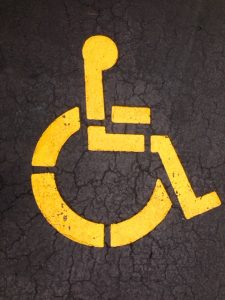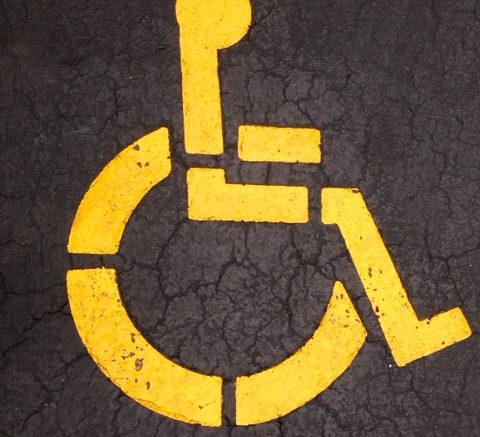
By Dr. David Chakoin
Facebook (3/22/20)
The virus is here, it’s arrived in Vernon County. We don’t have any confirmed positives as of this writing but I have seen patients who have it, I am certain.
There’s something more you can do to prepare: Talk with the ones you love, and do it now. Talk to them about what should be done if they, or you, get a severe case of the virus.
This is pretty grim stuff, but you need to understand it. Here it goes:
• Most people, about 80%, will have a mild case. They will have fever and cough, feel like it’s a bad case of the flu, maybe be a little short of breath. It will feel like no big deal. This includes some older patients; it isn’t true that all older people get a severe form of the disease.
• About 1 in 5 will be so sick they need hospitalization. This can last for several days or even weeks. (This includes a lot of younger and middle-aged adults, everyone but young kids.) The hospitals will be overcrowded once this hits in full, rooms will be doubled up, staff will be short, the care will be much less good than it should be because there aren’t enough people to do it perfectly.
• About 5% will become severely ill: their oxygen levels will drop to critical levels. This comes on suddenly, 10-14 days after the start of symptoms, often in people who seems like they’re recovering well. They will have tremendous difficulty breathing. Their blood pressure may drop, maybe a third will develop heart failure, some will get kidney failure. They need intensive support, and a high proportion of them will require intubation and mechanical ventilation, for an average of 2 weeks (meaning some are longer.) There are tremendous numbers of complications that happen, including bed sores, pneumonia on top of the virus, malnutrition, and especially the strain it puts on the brain. People will be delirious. For many the emotional strain will be beyond imagination, and many will become psychotic. It will be hard to know how much pain they are in. And there will not be enough staff to do the care as it should be done: there will simply be too many people in intensive care and on ventilators.
• Despite all of this, of those with severe (critical) disease, somewhere from 1 in 5 to 2 out of every 3 will die. Death is more likely for the elderly, and the older you are, the more likely death is. The more health issues you have, the more likely death is if you get the severe form. Initially there will be enough resources to care for the very sick, but it will take just a few days for all the intensive care beds to be filled, and the rate of survival will go down.
For the frail elderly who survive the ventilator and leave the hospital, this is what they have to look forward to: From being on a ventilator for 2 weeks their muscles will have atrophied severely. Most will not be able to live outside of a nursing home. Many, perhaps most, will not walk again. They may have permanent lung damage from the virus. But their minds are unlikely to come through unscathed. Even if they don’t have a stroke during the illness, the prolonged delirium will take a permanent toll. They will not be the same, will not have the same mind, may not have the same personality. For the frail elderly, this is a “good outcome.”
Hard decisions
So what can you do? Have discussions with your parents, your grandparents, your spouse. If you get badly sick, do they want to go to the hospital? For most people the answer will be yes. But if they get severely ill, if they are going into respiratory distress, do you want aggressive treatment, including intubation?
Our goal is to get as many people as possible through this. But often in medicine our heroic efforts amount to torturing people who later wish that we hadn’t. The alternative is comfort care, care that revolves around reducing the pain and distress without trying to extend life when it probably can’t be extended. For many this is the kindest thing we can do. But it is up to the patient, and unless you’ve had the discussion ahead of time, you won’t be in a position to speak for your loved one who is too sick to speak for herself. It isn’t enough to say that there’s advanced directives on file; you need to know what your loved one wants. These are circumstances that aren’t listed on advanced directives or living wills.
And have the discussion about yourself, with your siblings, partner, or grown kids. We are seeing more people in their 20s-40s get severely ill with this, and some are dying.
And finally, be aware that we may refuse to intubate someone or to try heroic measures. If someone has a low probability of surviving we will refuse to do futile care and keep the ventilator for someone who has a chance of surviving. As I said earlier, I’m not interested in torturing people for false hope.
Loving someone means caring about what’s best for them, not how hard it is for you to let go. Loving someone means helping them to face their illness with courage and realism. Loving someone is making sure they are not tormented for no reason.
“Sing, for this is food our hungry world needs.” ~ Hafiz
(Commoner Call photo by Mark L. Taylor, 2020. Open source and free for non-derivative use with link to www.thecommonercall.org )

